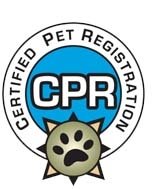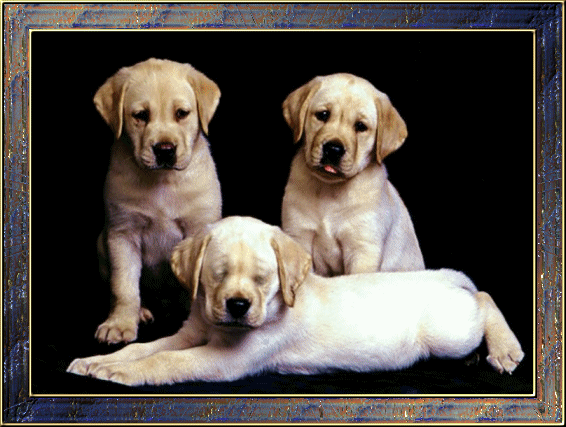CARDIGAN WELSH CORGI Breed Standards
The name “Corgi” is derived from the Celtic word for dog, and the Cardigan Welsh Corgi is believed to have been brought by the Celts to the area known as Cardiganshire, Wales, in about 1200 B.C. The Cardigan Welsh Corgi is a descendant of the Teckel family of dogs, which counts the Dachshund among its members.
During a time when the land available to a Welsh tenant farmer, or crofter, was determined by the acreage his cattle covered, the Corgi was trained to act as a kind of anti-herder. The little dog, often described at the time as possessing almost human intelligence, was trained to drive cattle as far afield as possible by barking and nipping at their heels, thereby expanding his master’s realm. In addition to its cattle dog role, the Corgi served as family guardian and pet, as well as a vermin exterminator. When the common lands were finally partitioned off among the crofters, however, the Corgi found his services no longer in need; some were kept as companions and guards but to most farmers, the Corgi was a luxury they could not afford.
The primary strains of today’s Cardigan Welsh Corgi go back to the Bronant Corgi, so named for the village of their origin, with a slight blend of brindle herder blood. Until 1934, both the Cardigan Welsh Corgi and the Pembroke Corgi, descended from the Spitz, were considered one breed in England, and only 59 Cardigans were registered at that time.
Mrs. Robert Bole of Boston was the first to import a pair of Cardigan Welsh Corgis to the US in 1931, and the American Kennel Club recognized the breed in 1935. Though the Cardigan has never enjoyed the same popularity as his smaller cousin, the Pembroke, the dog can still be seen in many homes throughout the US and Britain, most often as a house pet. The dog’s days of herding and driving are all but numbered.
SKILLS: The Cardigan Welsh Corgi is a long, low fox-like dog with large upright ears, a brushy tail, moderate bone, and front legs slightly bowed around a deep chest.
SIZE: The average size is handy, approximately twelve inches at the shoulder with females ideally ranging from 25-34 pounds and males from 30-38 pounds.
COAT: The Cardigan's practical coat is medium length and double with a variety of colors, shades and patterns: brindle (which gives a wood grain effect), red (brown or golden), sable (with black hair tips), blue merle (black and grey marbled) and black. Blues and blacks can have "points" (cheeks and eyebrows) in either tan (for a tri-color) or brindle. White flashings are usual on the neck (as a partial or full collar), chest, legs, muzzle, underparts, tip of tail and blaze. Black masks are acceptable along with some ticking (freckles).
CARE REQUIRED: The wiry, medium-length water-resistant coat is easy to groom. Comb and brush with a firm bristle brush, and bathe only when necessary. The coat is shed two times per year.
CHARACTER: A big Corgi dog in a small package, his temperament is based upon his original life as a companion and valuable farm helper and guardian, all of which make him an adaptable and outstanding housepet. The Cardigan Welsh Corgi is a dog who wants to be truly involved with his family; his family should WANT to become involved with him too. He is full of fun and will shower that family with devotion and sensible affection, although some Cardigans withhold their favors from strangers until they get to know them better. Caring for his people (including children) comes naturally to this intelligent, alert and responsible dog.
TRAINING: Must have regular exercise.
SOCIAL BEHAVIOR: Good for apartment life. They are very active indoors, and will do okay without a yard.
EXERCISE: All Corgis deserve good care, which includes a secure place, a good diet and water, exercise, veterinary visits and vaccinations, general grooming (including nails and teeth), socialization, training and love. If not show quality, he/she should be neutered or spayed; a litter requires many considerations including genetics, time, effort and expense.



